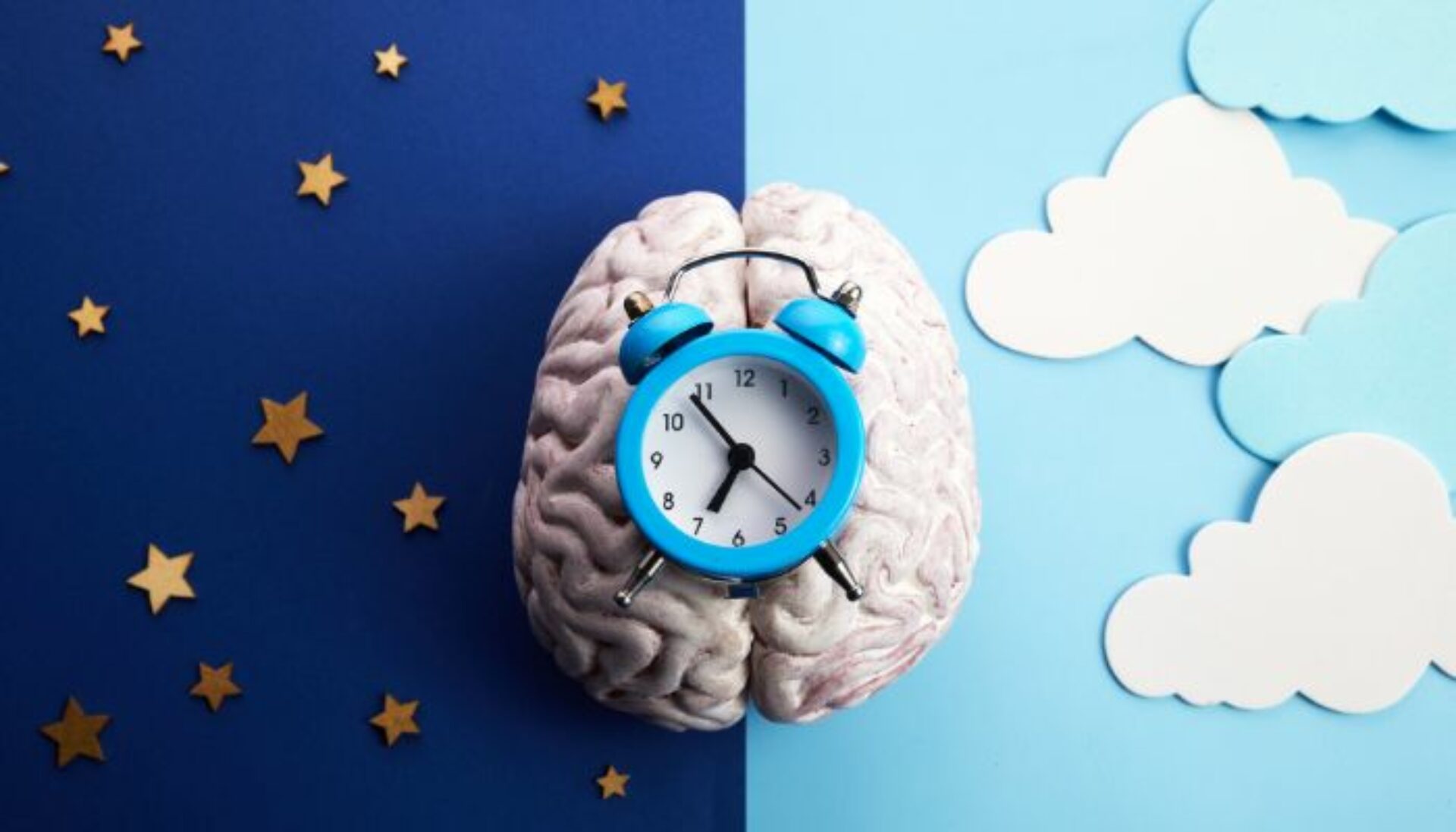For the launch of a new survey on sleep and mental health, we asked members of our sleep and circadian rhythms Lived Experience Advisory Panel why they think sleep and mental health go hand-in-hand.
In the fourth blog, Laura shares their struggles with sleep, its link with ADHD and their journey with sleep hygiene.
The connection between sleep and good mental health is being talked about more – but where should research focus next?
This is the central question of a new project which brings together a network of experts (researchers, clinicians, service-users and young people) on sleep, circadian rhythms and mental health to discuss this, and lots more.
To get the project started, a new survey has been launched. We want to hear about your experiences of mental health and your body clock – to take part and share your thoughts find out more here.
By sharing what you feel is most important about mental health and the body clock, your thoughts will steer the direction of future research in this area.
Here is the fourth and final blog from the project’s Lived Experience Advisory Panel (LEAP) talking about the importance of, and link between, sleep and mental health.
Having ADHD means that sleep feels more important to me than ever, as I cannot possibly function without plenty of rest.
Laura Perry (They/Them):
I believe that sleep and mental health are so closely interlinked that it would be impossible to try and separate them.
When we are well rested, we can think clearly, we have more energy to get through the day and we feel healthier. I have always struggled with my sleep for as long as I can remember.
I’ve dealt with nightmares, insomnia, and overthinking. I’ve also had many nights disrupted in some way by my three children.
I also have ADHD which has also meant that I often ruminate for hours on the day I’ve just had, as well as all other days I’ve ever had it seems.
Tossing and turning whilst my partner snoozes peacefully, I’ve often wondered if there was a ‘Bank of Sleep’, how many hours I would be behind over a lifetime.
Having ADHD means that sleep feels more important to me than ever, as I cannot possibly function without plenty of rest.
Over the years I have tried so many things to help and I am always working on my ‘sleep hygiene’. It can feel frustrating that something so necessary and basic as rest can be so difficult.
Navigating an ever-growing digital world, and so much conflicting advice around sleep is also difficult. There are also thousands of marketing companies trying to profit off of the art of sleeping deeply.
Poor sleep impacts your mental health, and if your mental health is bad, sleep can be elusive – literally a vicious cycle between the two states.
One of the great things about this project has been meeting others that experience similar sleep disturbances, and it’s really helped me to feel less alone in that way. It’s also brilliant that more research is being done to look at the connection between sleep and mental health.
Navigating an ever-growing digital world, and so much conflicting advice around sleep is also difficult. There are also thousands of marketing companies trying to profit off of the art of sleeping deeply, with products and remedies being advertised to us constantly.
I’m so pleased that this project is an accessible way of engaging with others about their experiences of sleep, and was committed to coproducing this with people with lived experience, so that it has maximum impact.
It was important to me to contribute my own lived experience but also my knowledge around making research projects more accessible in terms of language and content.
The more people that contribute to this survey the better, and the more change we can make to the landscape of research around sleep and mental health.
The survey is open until 15th June 2024. Find out more about the project here and take part in the survey here.
Read the other blogs from our Circadian Rhythms Network project:
